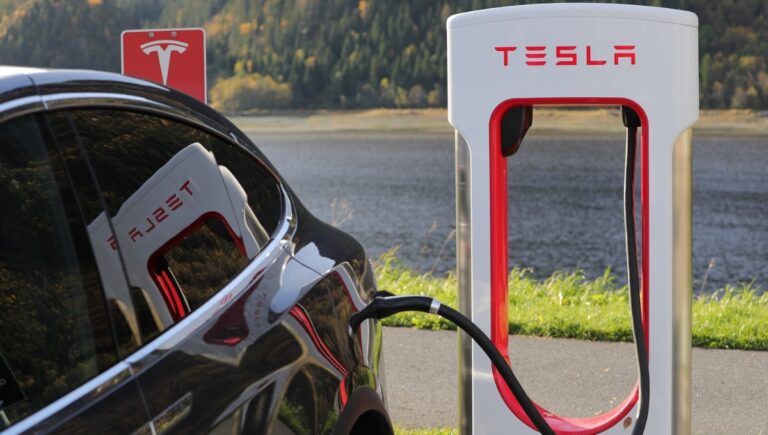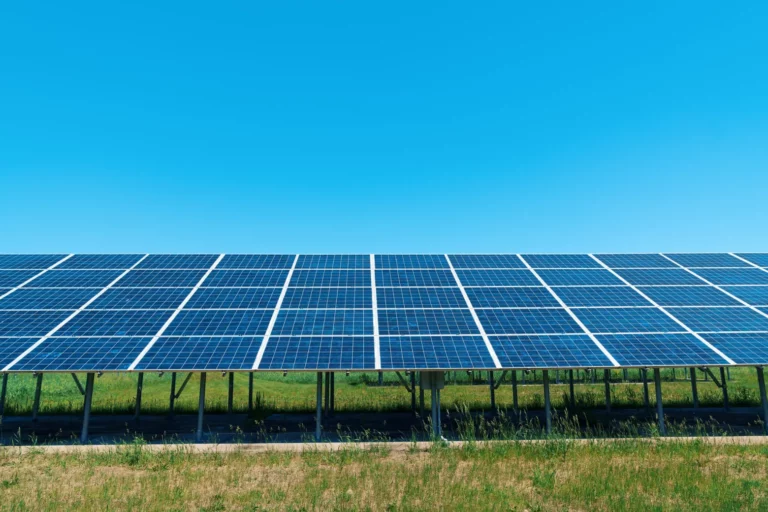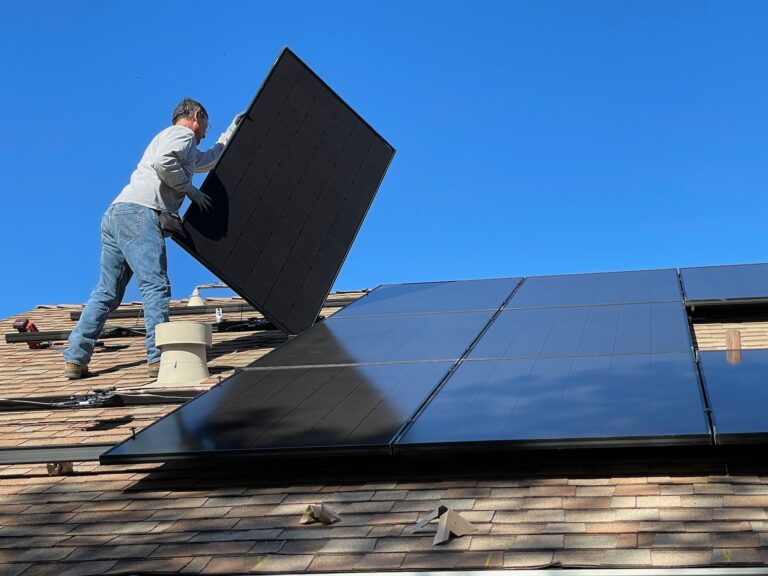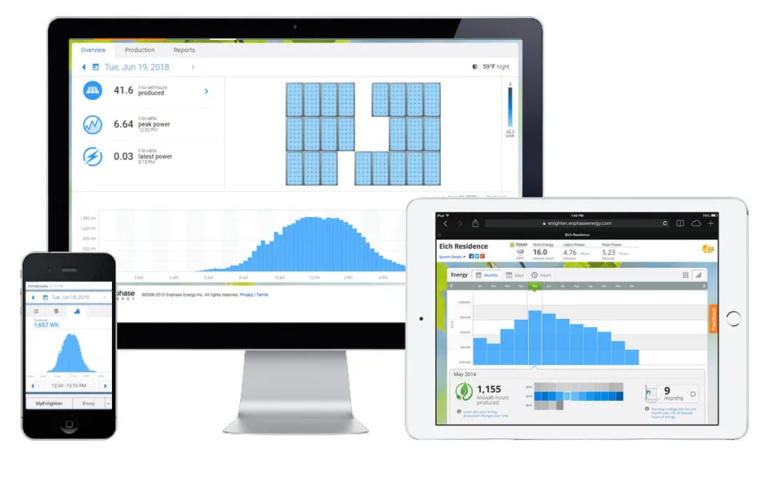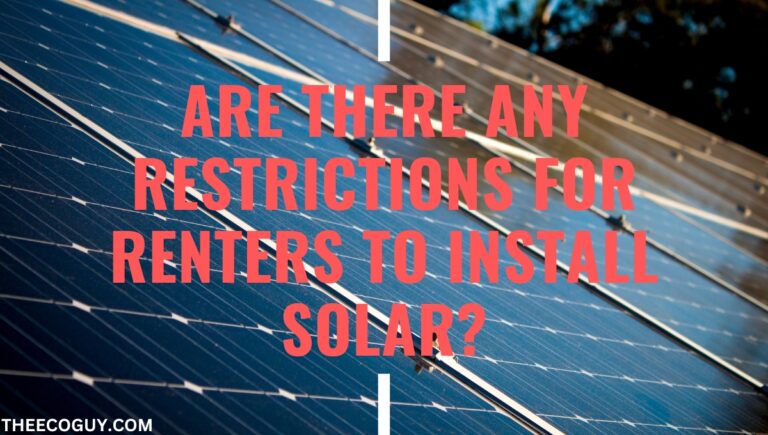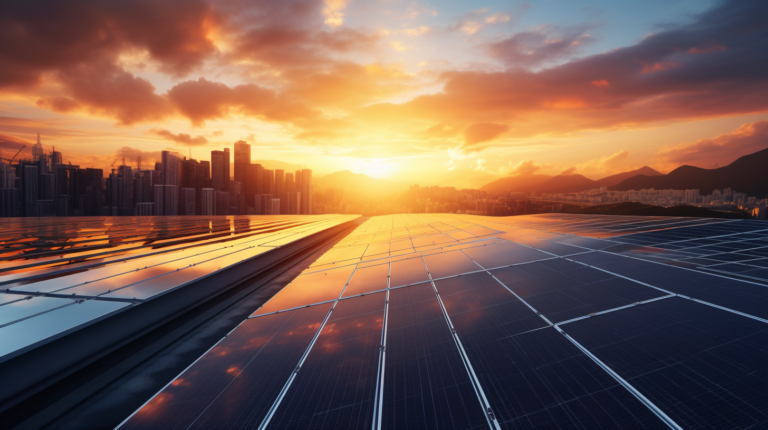How Dependent Are Solar Systems on Weather Conditions?
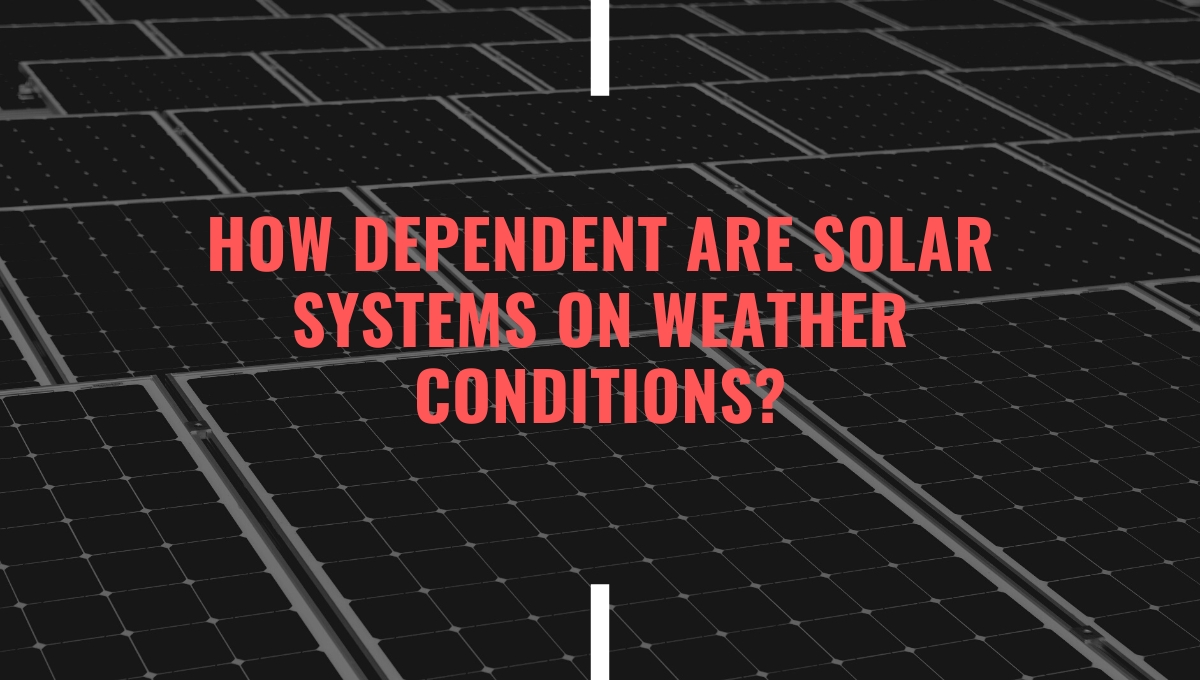
Solar energy is becoming an increasingly popular source of clean, renewable energy for homeowners. As the demand for solar increases, it’s essential to understand how weather conditions can affect the performance and efficiency of a solar system.
Depending on your geographical location, the performance of a home solar system will vary. Solar systems in California and Florida will have different performance levels due to the other weather conditions. The average amount of sunlight is additional in these two states. Solar panels in California usually get more sunlight than those in Florida.
In this blog article, we’ll explore the impact different weather conditions have on solar panel performance, discuss why regular maintenance is essential for protecting your system from inefficiencies and damages due to extreme weather, and provide insight into the current technological solutions that can help manage your system’s efficiency despite adverse weather changes.
We will also discuss what proactive measures you should consider before installing or maintaining a system if you live in areas with extreme weather or high winds.
Impact of Different Weather Conditions on Solar Panel Performance
Weather conditions have a significant impact on the performance of solar panels. While sunny weather is ideal for producing maximum energy output, inclement weather can significantly reduce the amount of energy generated by solar systems.
Temperature fluctuations, wind, and rain can all affect the efficiency of a system, leading to reduced production or even complete shutdown in extreme cases.
Knowing how various weather conditions affect your system is essential for ensuring you get the most out of your solar panels
Temperature is a critical factor in determining the performance of solar panels. Higher temperatures are associated with lower efficiency due to increased resistance in the solar cell junction. This is because higher temperatures cause the semiconductor material to become less conductive and increase losses of current and voltage within the system. Therefore, solar panel performance can be improved by cooling systems to lower the temperature.
Wind speed and direction are also important factors affecting solar panel performance. High winds can cause damage to panels and disrupt their orientation, reducing energy production. Windy conditions may require additional reinforcement or bracing to ensure your system remains in good condition.
Rainfall is another factor that can affect solar panel performance. Raindrops act as lenses that focus light on the solar cells, reducing efficiency. In addition, keeping your system clean from dust or debris is essential since these particles can reduce sunlight absorption by blocking direct rays.
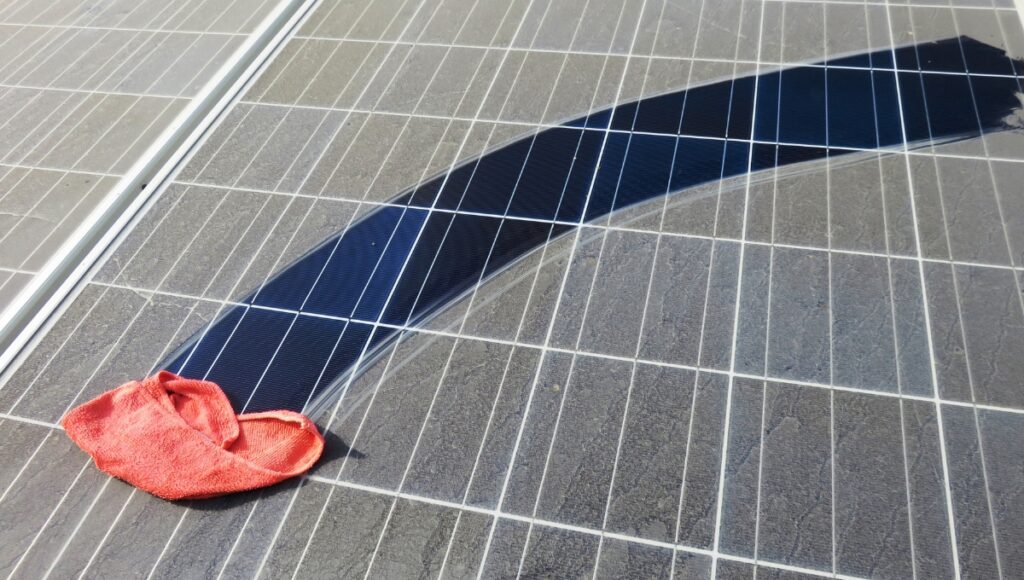
Benefits of Regular Maintenance for Solar Systems
Regular maintenance and repair of a solar system are critical to ensuring that it runs at its optimal performance level and lasts for many years. To ensure your solar energy system is running at peak efficiency, it is essential to perform regular maintenance and repairs.
This can include cleaning the panels, checking for any damages or faults, verifying settings and connections, and making necessary repairs or adjustments. Regular maintenance will also help you better identify and address any issues with your system before they become serious.
Regular maintenance can protect your solar system from extreme weather conditions, reduce energy losses due to inefficiencies, and extend the life of your system. Additionally, it can help prevent potential damages caused by high winds or heavy rains.
Homeowners should consider taking proactive measures before installing or maintaining a solar system if they live in areas with extreme weather or high winds. These measures can help protect the system from damage and ensure maximum efficiency.
First, homeowners must check their panels’ wind speed rating to ensure they can withstand high winds. Installing additional bracing or reinforcement may also be necessary.
Second, it is essential to regularly clean the panels of dust and debris buildup to maximize power output. Last but not least, homeowners should consider installing a protective coating over their panels if they live in areas with frequent rainstorms.
Current Technologies That Can Help Manage System Efficiency Despite Weather Challenges
Over the last few years, technological advancements have been made to help maximize solar system performance, even in extreme temperatures and powerful winds. In particular, energy storage systems such as battery backups are vital in improving system efficiency while allowing homeowners to take advantage of solar energy even during inclement weather.
These systems store excess energy generated when conditions are ideal, allowing it to be used when the weather does not cooperate. Additionally, intelligent inverters can optimize system performance by controlling the input and output of power from solar panels.
By integrating these technologies into a solar panel setup, homeowners can maximize the efficiency of their systems and enjoy reliable, stable energy even during extreme temperatures or powerful winds.
What Homeowners Can Do to Ensure Maximum Efficiency Despite Weather Fluctuations
Homeowners who wish to ensure their solar system runs at its peak performance, even in extreme weather or high winds, can benefit from following a few best practices. Proper maintenance and care are essential for a solar system to operate efficiently and last many years.
Homeowners should take preventive steps before installing a solar system if they expect extreme weather or high winds. The most crucial step to ensure the system operates at peak efficiency is to check the wind speed rating of the panels. This information can typically be found on the manufacturer’s website or product label and will help you determine if the system is up to the task.
In particularly volatile climates, alternative energy solutions such as solar systems can be beneficial. Solar systems are often the best option for those living in areas that experience extreme weather conditions and high winds. Despite the challenges, there are technologies and strategies available that can help ensure maximum efficiency for a solar system in any climate.
Homeowners need to understand the weather-related risks associated with solar systems and take proactive steps to ensure their system runs optimally. With proper maintenance and care, solar systems can be reliable energy sources even in extreme weather conditions.
Final Thoughts
Solar energy systems can provide homeowners with a renewable energy source that is especially beneficial in areas where extreme weather or high winds are expected.
However, such conditions can be damaging to solar systems, leading to potential inefficiencies and losses. To ensure maximum efficiency and protection from potential damage, homeowners should take preventive measures before installing a system, such as checking the wind speed rating of their panels and cleaning the panels regularly.
In addition, homeowners can benefit from integrating energy storage systems and smart inverters into their setup. By implementing these technologies, they can maximize solar system performance even in challenging weather conditions. With the proper care and maintenance, solar systems can be a reliable renewable energy source for years.

